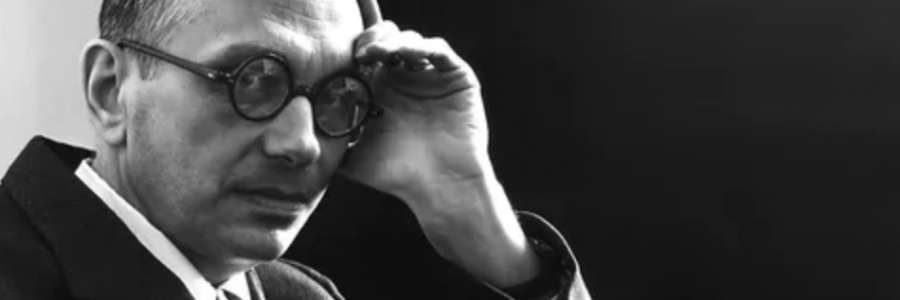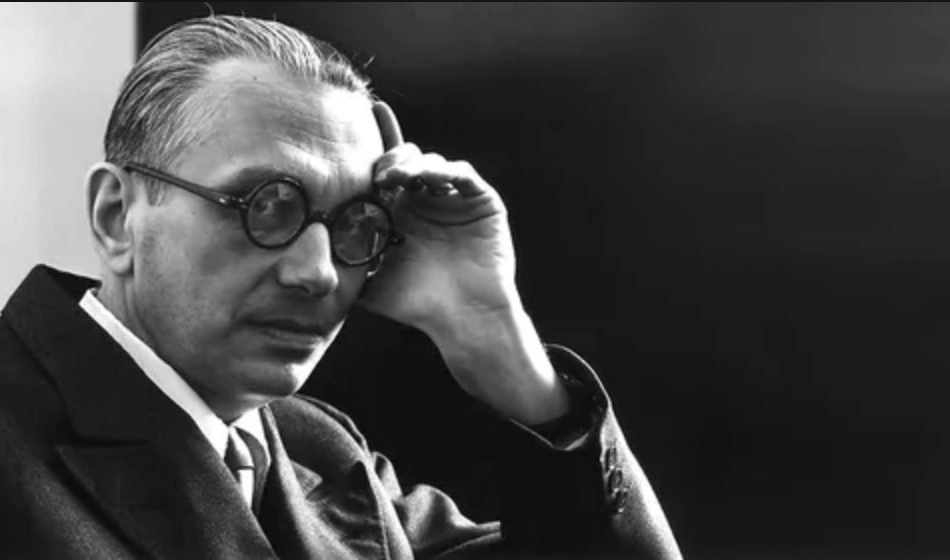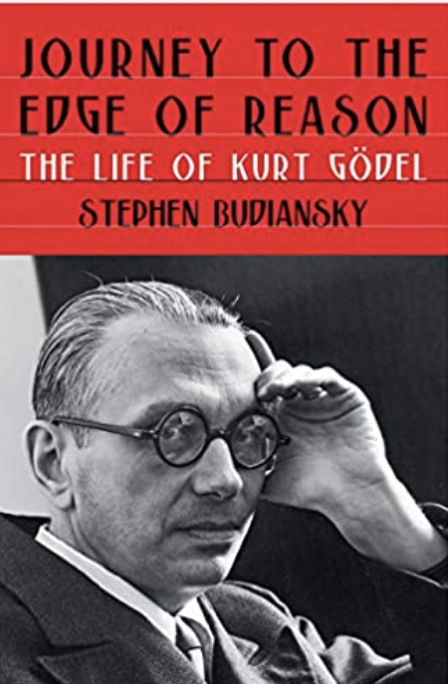
Power of human mind “indefinitely surpass the power of any finite machine” Godel


Hundred years after its publication, Kurt Godel’s famous proof that every mathematical system must contain propositions that are true – yet never provable – continues to unsettle mathematics, philosophy, and computer science.
Godel’s work was to mark a decisive turning point for the history of mathematics and, possibly, the future of artificial intelligence.
In 1900, at the second International Congress of Mathematics in Paris, the leading German mathematician David Hilbert, outlined 23 remaining problems and declared confidently they would be solved, as in mathematics he proclaimed, nothing is unknowable.
At the same time, Bertrand Russell and Alfred North Whitbread were embarking on their Principia Mathematicia, an attempt to show how all mathematics could be derived from logical propositions. Galileo had famously declared that the world was written in the language of maths. If mathematics could be shown to be written in logic, humanity would finally know the truth. Russell commented that he had only ever met one person who had read 2000 pages of The Principia Mathematicia and that person is Kurt Godel.
Kurt Godel, a logician of almost obsessive precision, young mathematician born in 1906 into vain intellectual and cultural grandeur for he Austro- Hungarian Empire. His work is to mark the turning point for the history of mathematics and possibly the future of AI. Originally planning to study Physics, he switched to mathematics, and completed his PhD on the fourth of Gilbert’s problems. A few years later he published a paper that proved that both Hilbert and Russell were wrong. Russell had failed to secure the logical foundations of maths because it could not be done. Hilbert claim that in mathematics there was nothing unknowable was demonstrated incorrect. Godel’s incompleteness theorems (there were two) demonstrated first that for any finite mathematical system there will always be statements that are true but are unprovable, and second, that such system cannot demonstrate its own consistency. In effect, the absolute certainty that humanity had long pursued and that mathematics and logic had long promised was illusory. Mathematics, like life, was destined to be haunted by uncertainty. Godel remarked in a talk to the Philosophical Society of New York University, if completeness and consistency go, anything goes. This has been used to justify many things,- from the nature of free will to the truth of original sin. Godel said the power of human mind “indefinitely surpass the power of any finite machine.” Godel disgusted by the Nazi’s destruction of Vienna’s intellectual life, he remained until 1940, and only escaped the war through his friends. He spent rest of his life at Princeton’s Institute for Advanced Studies where he was close friends with Einstein with whom he walked home every evening, discussing if time travel was possible. Einstein sponsored Godel’s US citizenship by telling the judge he had found a logical inconsistency in the constitution that would allow a person to establish a dictatorship in America.
His paranoia grew and he became convinced that his food was being poisoned. When this happened earlier in his life, his wife had managed to taste, test and spoon feed him to health but this time she too was ill and in January 1978, he died in hospital, curled into a foetal position and weighing only 65 pounds.
Journey to the Edge Reason: Kurt Godel by Stephen Budisnsky, W.W. Norton $30, OUP £20, 368 pages.
